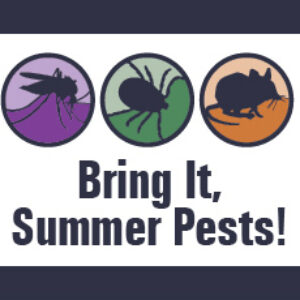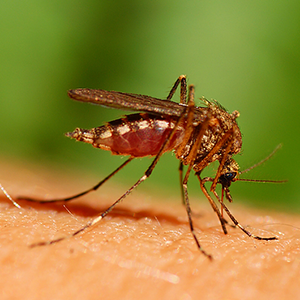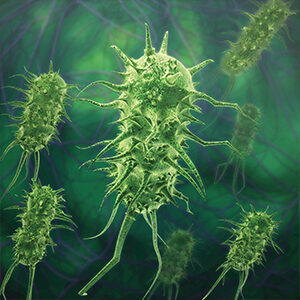Contact Us
Summary Overview
Reptiles carry Salmonella bacteria which can make people sick. In Washington State, recent cases of Salmonella have been traced to the handling of pet turtles, lizards and snakes.
Basics
Reptiles and amphibians might have Salmonella germs on their bodies even when they appear healthy and clean. The germs can also get on cages, aquariums, terrariums, the water reptiles and amphibians live or swim in, and other containers that house them. Anything that reptiles and amphibians touch should be considered possibly contaminated with Salmonella. When you touch reptiles and amphibians, the germs can get on your hands or clothing. It is important to wash your hands immediately after touching animals, or anything in the area where they live and roam, including water from containers or aquariums, because the germs on your hands can easily spread to other people or things.
Young children are at increased risk for Salmonella infection because their immune systems are still developing and because they are more likely than others to put their fingers or other items into their mouths. Therefore, families with children aged 5 years or younger in the home should avoid keeping reptiles or amphibians as pets.
Salmonella Infections from Reptiles
Recommendations
Reduce the Risk of Salmonella Infection from Reptiles
- Wash your hands thoroughly with soap and warm water immediately after touching a reptile or amphibian, or anything in the area where they live and roam. Use hand sanitizer if soap and water are not readily available.
- Keep reptiles and amphibians out of homes with children younger than 5 years old or people with weakened immune systems.
- Habitats and their contents should be carefully cleaned outside of the home. Use disposable gloves when cleaning and do not dispose of water in sinks used for food preparation or for obtaining drinking water.
- Wash any clothing the reptile or amphibian might have touched.
- Use soap or a disinfectant to thoroughly clean any surfaces that have been in contact with reptiles or amphibians.
Related Facts

Bring It, Summer Pests!
Confront disease-carrying mosquitoes, ticks and mice during spring and summer months. Simple landscaping tricks and tips to protect home’s exterior.

Animals & Insects Program
Preventing the spread of disease from animals to humans is a public health responsibility.

Communicable Disease Investigation & Prevention (CDIP)
Epidemiologists monitor, track, and respond to infectious disease in the community to prevent spread of illness.
